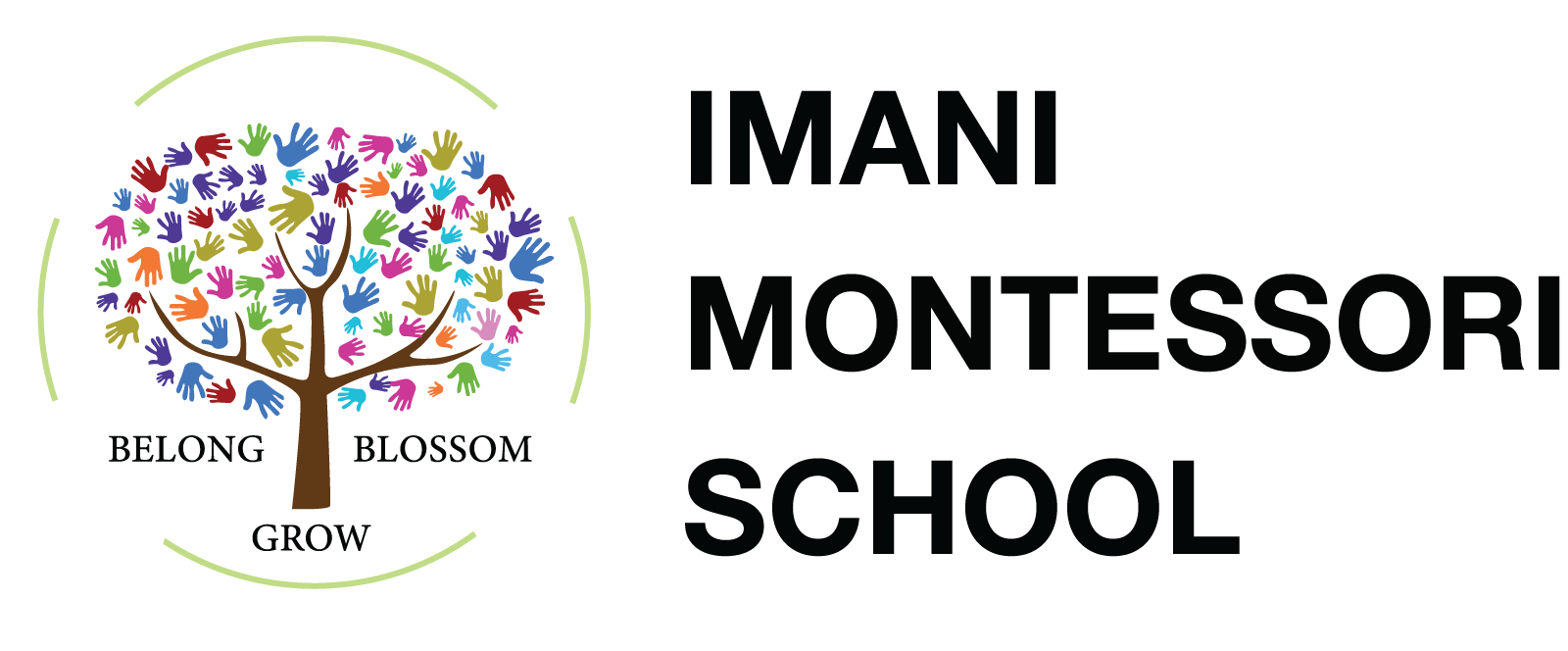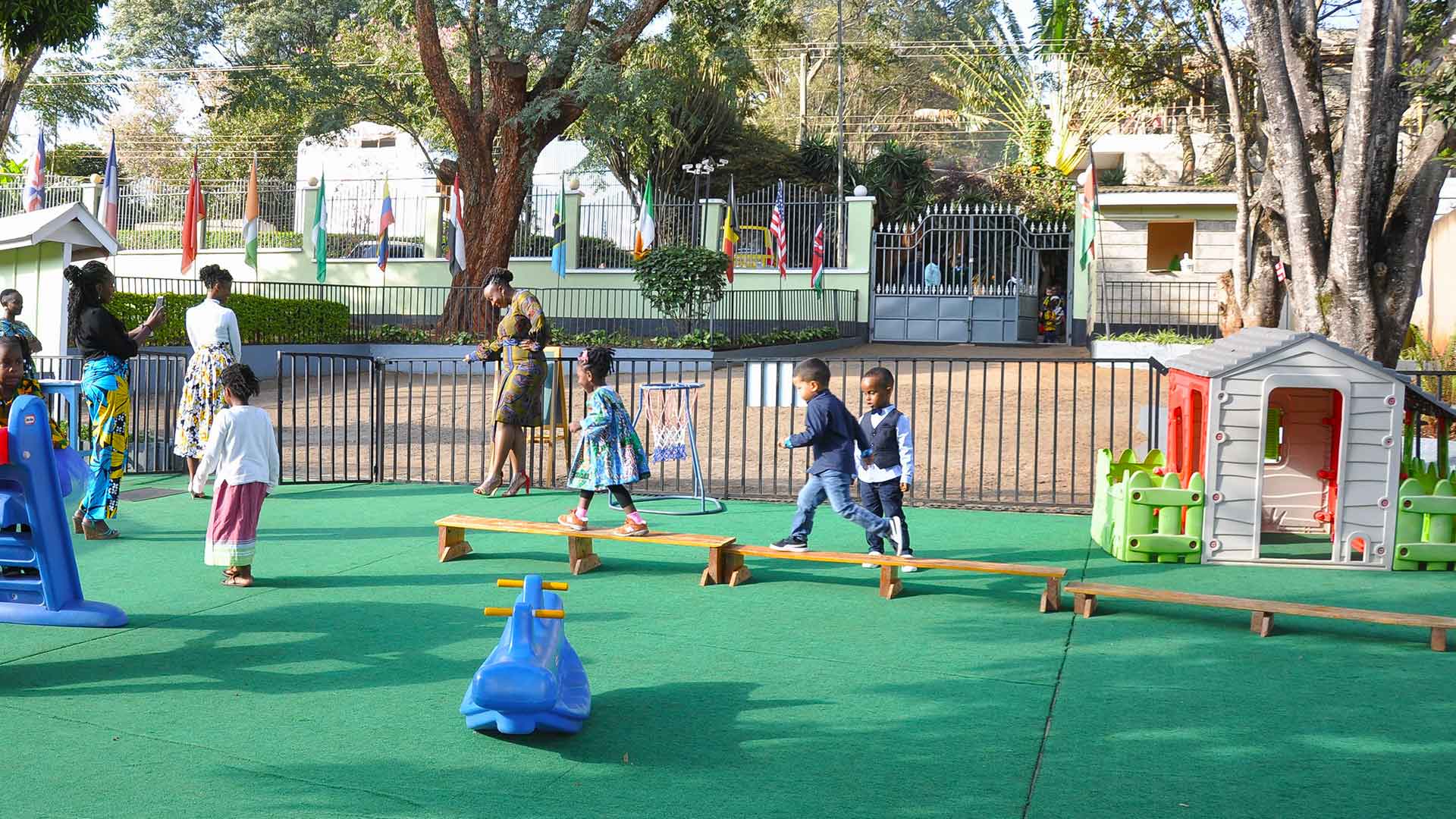The value of quality early childhood education and care in establishing a strong foundation for lifelong learning and reaping social and economic benefits is well supported by a wealth of multidisciplinary research.
These long-term benefits have prompted many countries throughout the world to put in focused efforts in early childhood education.
The Montessori education system is unique. It has successfully undergone continued development for over ninety years and has been used effectively for children in different countries around the world.
In the Montessori system, the purpose of education is to support life. The Montessori approach to education is based upon the principle that schooling should work with the nature of the child instead of against it.
How does a Montessori education benefit children?
Children attending Montessori schools tend to be competent, self-disciplined, socially well adjusted, and happy. They are often several years above grade level in their basic skills.
Based on experience at Imani Montessori School in Nairobi and research from all over the world, Montessori schooled children choose to work long and hard. They are respectful of others and the materials they use every day. They display patience, and resistance to temptation.
The first impression a visitor gets at Imani Montessori School is that children are friendly, empathetic, and cooperative. The classroom is a cheerful social community where children happily help each other. It is not uncommon to see a child offer to help another child.
Additionally, learning proper conduct and politeness are a part of the Montessori curriculum. Most parents of children at Imani Montessori School along with other Montessori schools comment on how much their children love school.
Find out more about the Montessori System of education on our website or call us on +254 (0)726 510 062/092


Join the Conversation